One police officer killed during clashes between Sudan forces, anti-coup protesters
A police officer has been killed during clashes that erupted between Sudanese security forces and people taking part in a protest against the October military coup in the capital Khartoum.
Wearing protective goggles and masks, protesters marched towards the presidential palace in central Khartoum on Thursday.
The protest was met with a crackdown, with security forces firing heavy tear gas and stun grenades at the demonstrators as they approached the palace.
An unspecified number of people were wounded during the crackdown. Sudanese authorities also said that a police general was killed during the clashes.
Brigadier General Ali Bareema Hamad, "fell martyr while doing his duties" in Khartoum, police said in a statement on Facebook.
Hamad "received deadly stabs by groups of protesters ... in different parts of his body," police spokesman Idris Abdalla Idris told Sudan TV, adding that other police personnel "suffered severe wounds."
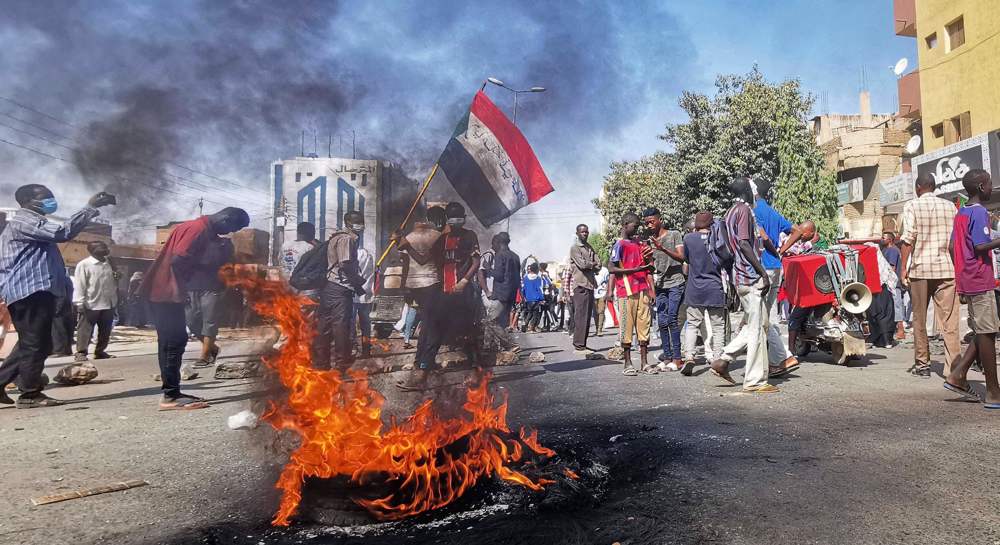
Reuters cited witnesses as saying that security forces fired gunshots at demonstrators retreating from the protest route in a nearby neighborhood later in the afternoon.
Hamad was the first officer to die in protests demanding a civilian rule that erupted late in October.
At least 63 people have been killed during the security crackdown on the anti-coup protests that erupted over two months ago, medics said, noting that many of them were shot dead by security forces.
Sudan's military chief and de facto leader Abdel Fattah al-Burhan staged a coup on October 25 and dissolved the country’s fragile government, putting then Prime Minister Abdalla Hamdok under house arrest and detaining other civilian leaders. The coup infuriated the Sudanese and sparked international outcry, including from the UN Security Council.
Hamdok was later released and on November 21 he signed a power-sharing deal with the Burhan-led junta, according to which the former would continue his career as premier and a 2019 constitutional declaration would be the basis for a political transition. According to the deal, July 2023 was set as the date for Sudan's first free elections since 1986.
Protest rallies against the coup have continued even after the reinstatement of Hamdok, with demonstrators demanding no military involvement at all in governance. They say the deal has simply given a cloak of legitimacy to the generals, who they accuse of trying to form an autocratic regime like the one led by then President Omar al-Bashir, who was ultimately ousted through a military coup in April 2019, after ruling the country for three decades.
Earlier this month, Hamdok resigned, leaving the military fully in charge. He said Sudan was at a “dangerous crossroads threatening its very survival.” His resignation deepened uncertainty around the African country’s political future.
Also on Thursday, protests took place in the capital's twin city of Omdurman as well as the eastern city of Port Sudan, AFP cited witnesses as saying.
Thursday’s protests come as the UN special representative in Sudan, Volker Perthes, vowed on Monday to facilitate "indirect talks" between rival factions, a bid that got tepid support.
Perthes also announced that he was launching "consultations" with political and social actors as well as armed and civil society groups.
"We don't accept this initiative at all," Awad Saleh, a 62-year-old protester, said, adding "It's not clear what points it constitutes and so for us it is deficient."
The Sudanese Professionals Association, an independent trade union confederation and one of the major organizers of the protests, said it completely rejects the UN initiative.
Meanwhile, the country’s new ruling Sovereign Council, which is formed and headed by Burhan, has welcomed the UN bid.
Iran FM: Chance still exists for win-win solution to nuclear issue
Denmark rejects Trump's plan to send US hospital ship to Greenland
US Secret Service kills man trying to enter Trump’s Mar-a-Lago estate
US-Israel digital wallet scheme risks placing aid under Israeli control in Gaza: Euro-Med
VIDEO | US support for Israel’s expansionist agenda
Palestinians granted only 66 building permits in West Bank over 11 years: Report
Somaliland ready to give US access to its minerals, military bases: Minister
VIDEO | Iran's game changing retaliation boxes- part 1


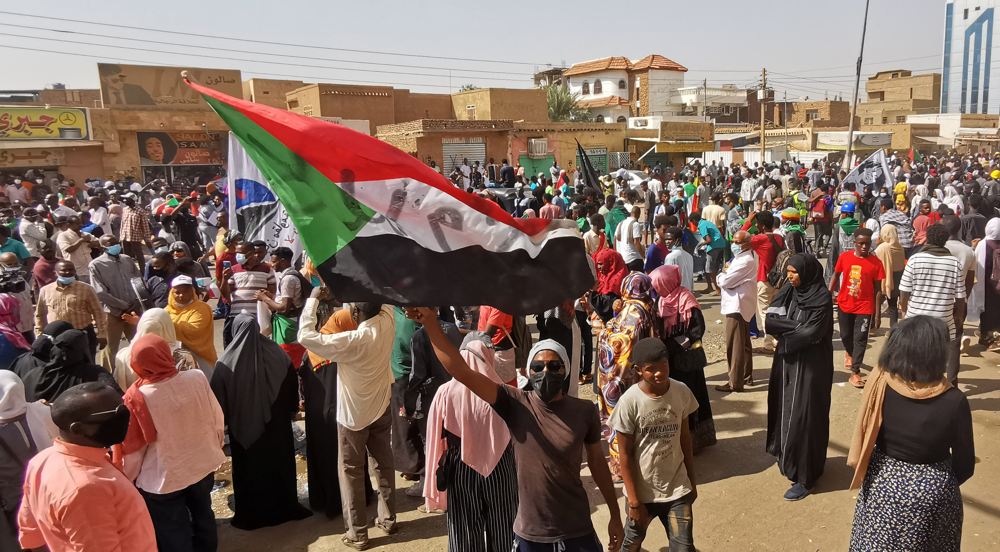
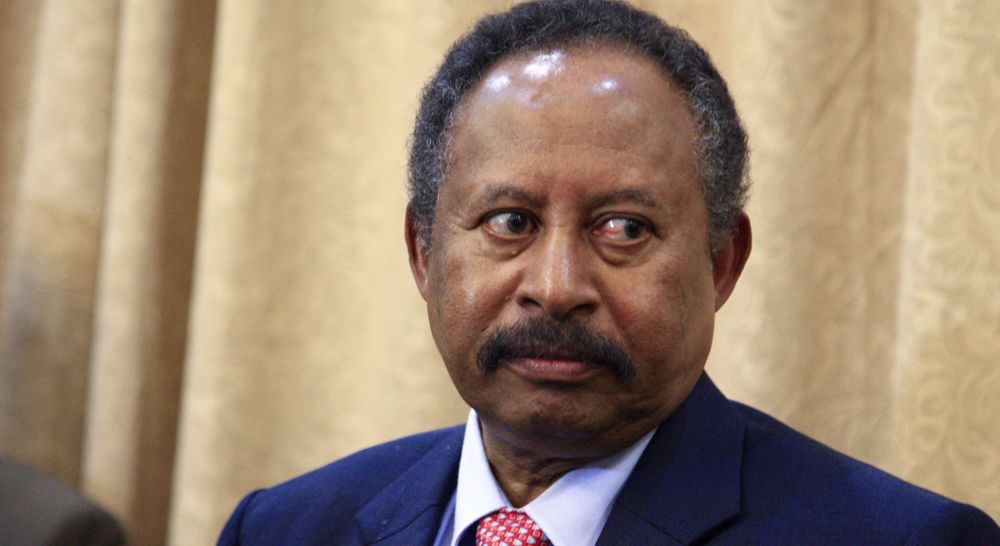
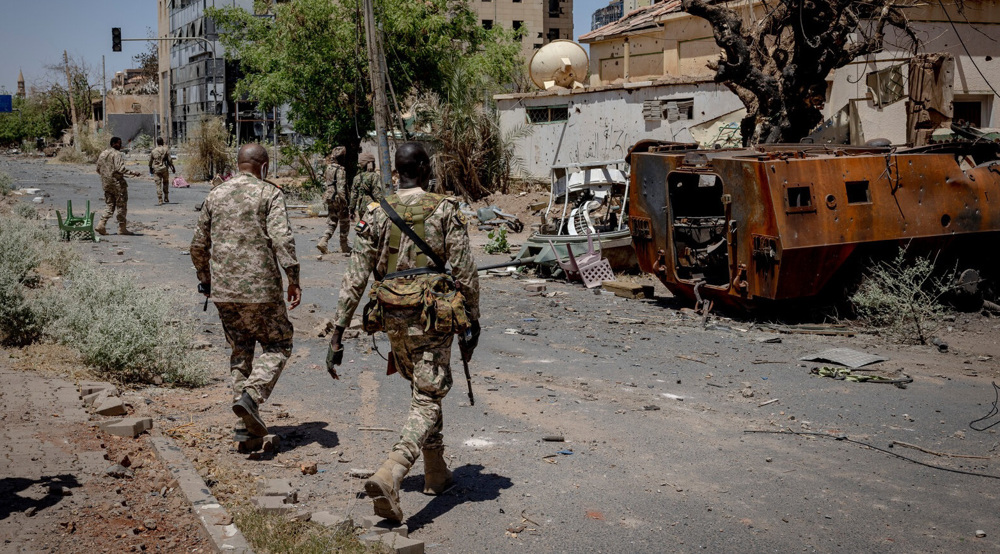
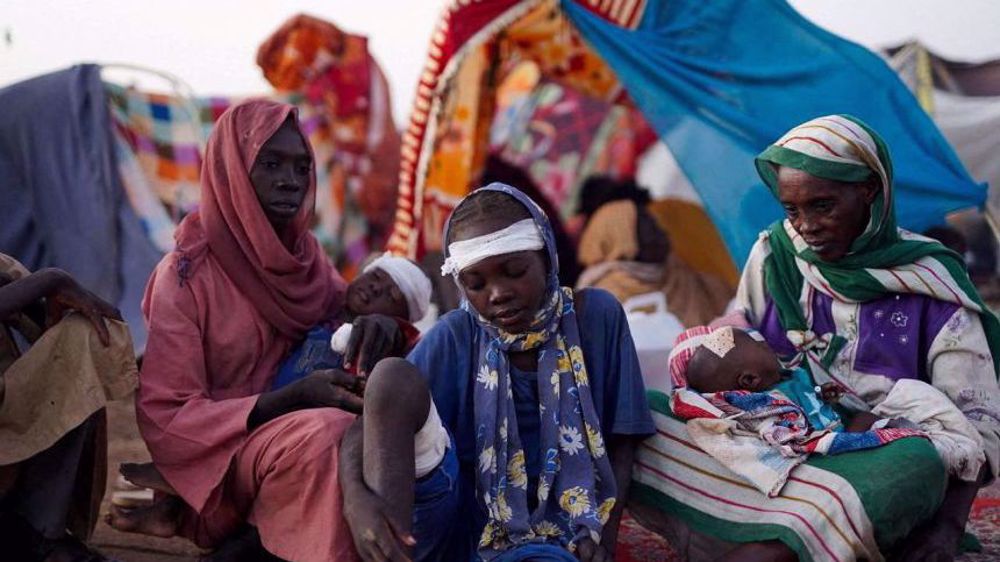
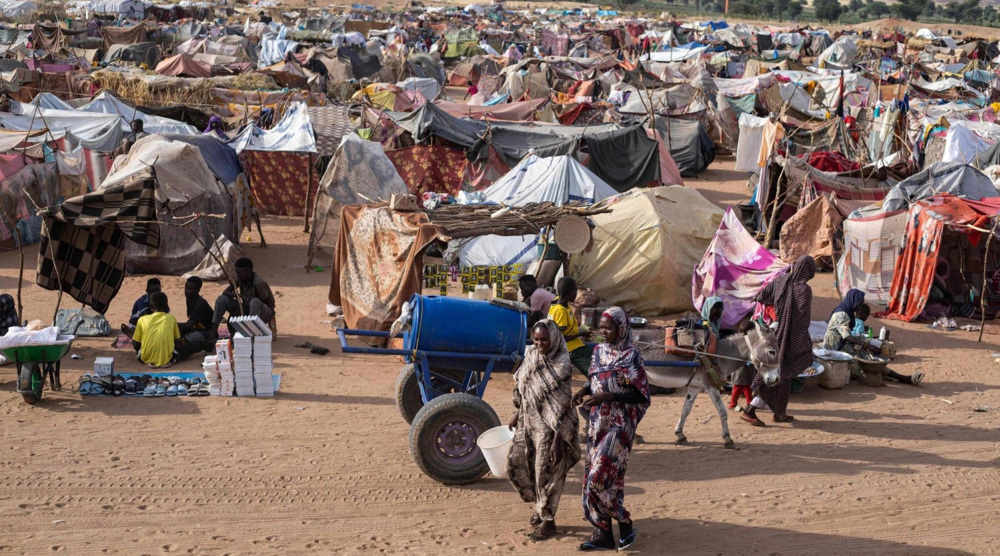



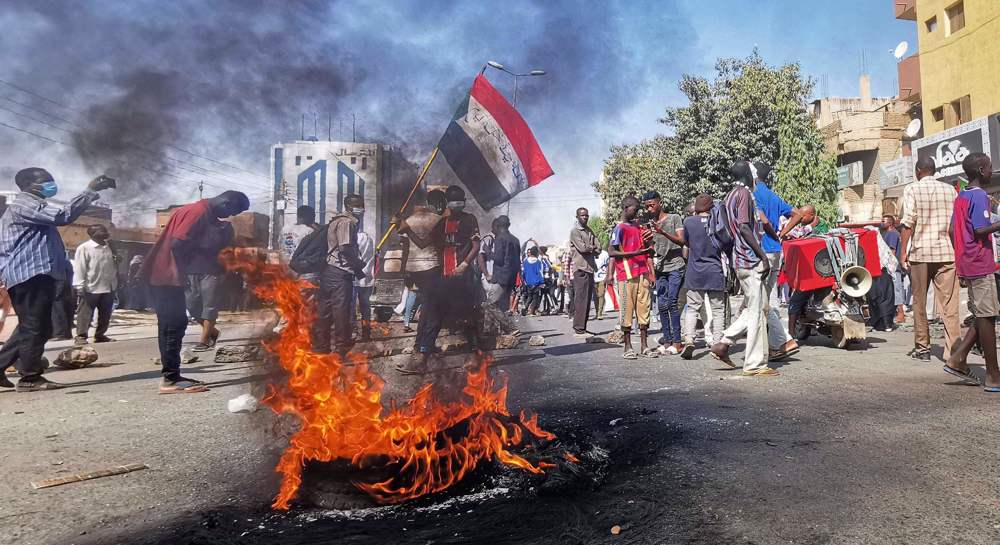
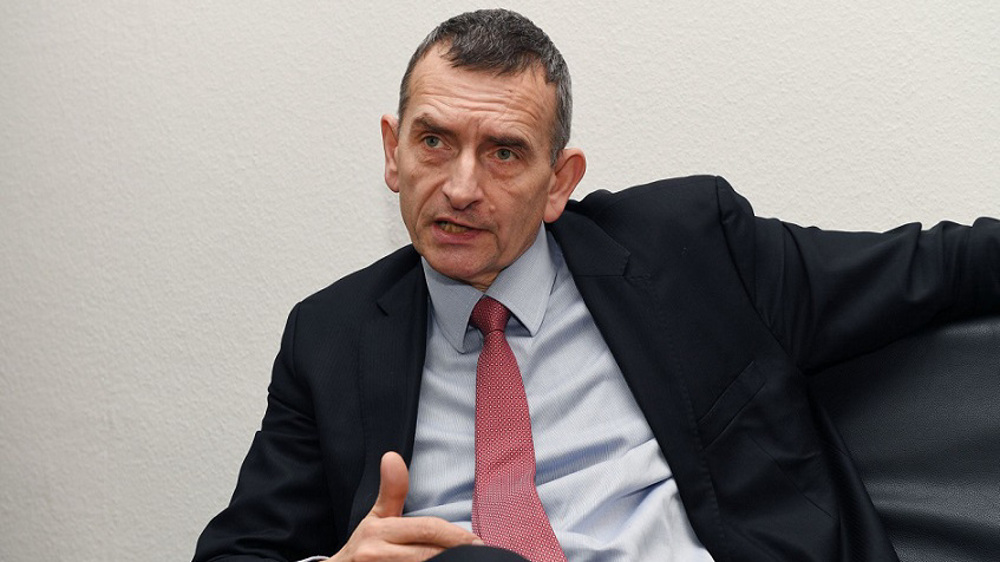
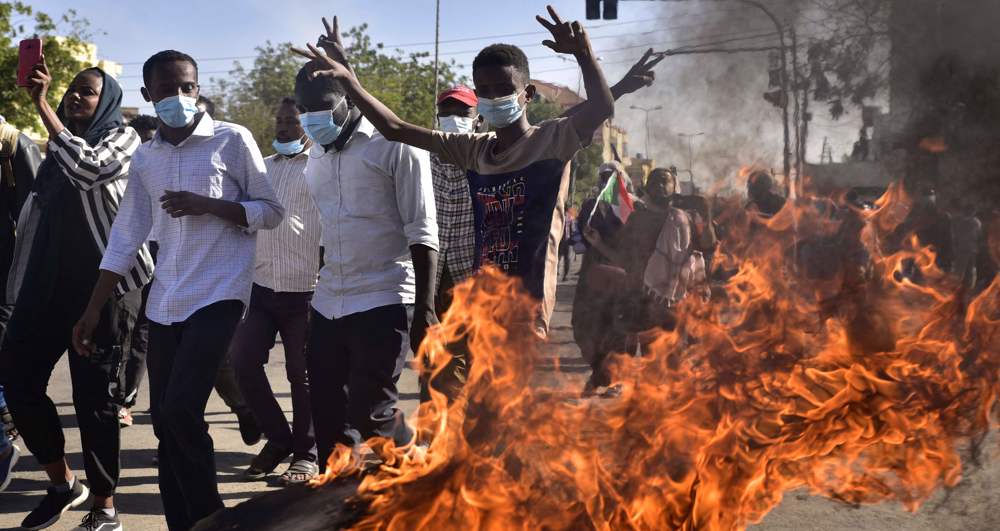
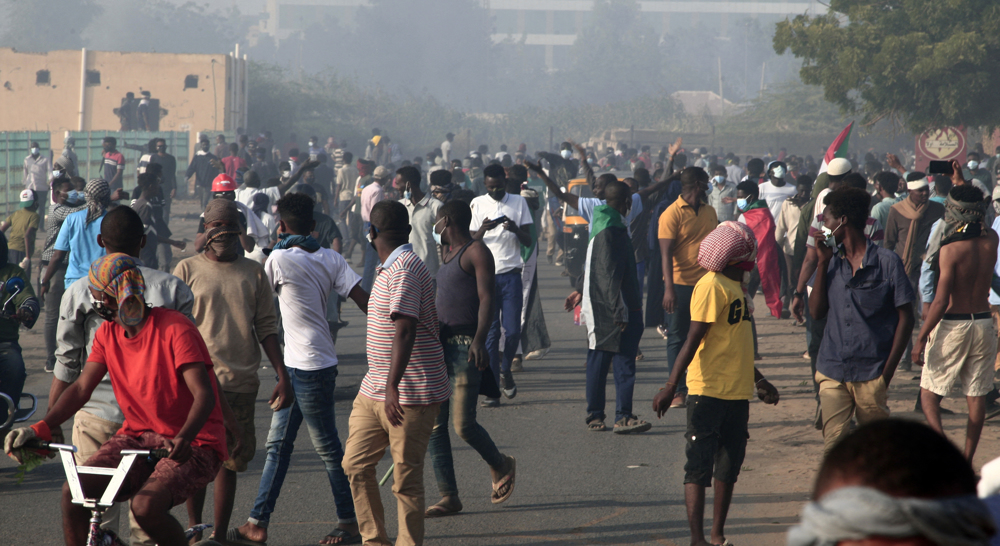

 This makes it easy to access the Press TV website
This makes it easy to access the Press TV website